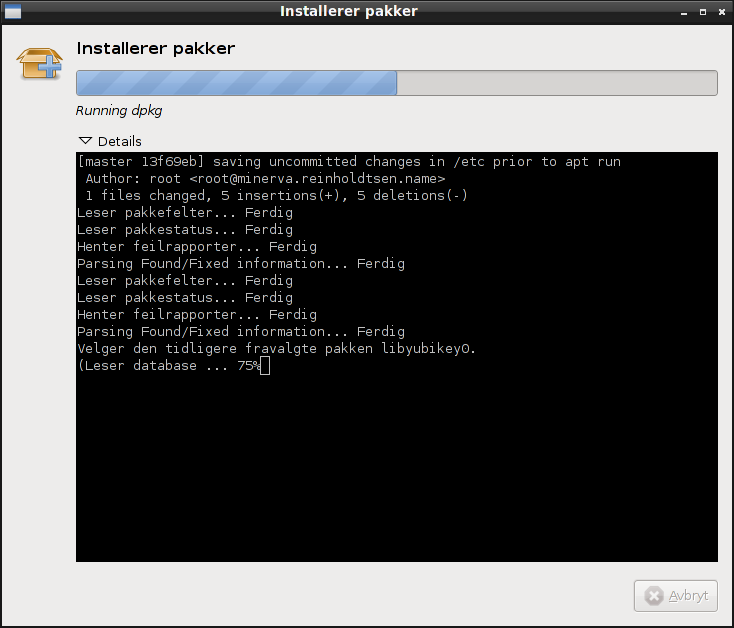+
The Debian Edu and
+Skolelinux distribution have users and contributors all around the
+globe. And a while back, an enterprising young man showed up on
+our IRC channel
+#debian-edu and started asking questions about how Debian Edu
+worked. We answered as good as we could, and even convinced him to
+help us with translations. And today I managed to get an interview
+with him, to learn more about him.
+
+
Who are you, and how do you spend your days?
+
+
I'm a 25 year old free software enthusiast, living in Romania,
+which is also my country of origin. Back in 2009, at a New Year's Eve
+party, I had a very nice beer discussion with a
+friend, when we realized we have no organised Debian community in our
+country. A few days later, we put together the infrastructure for such
+community and even gathered a nice Debian-ish crowd. Since then, I
+began my quest as a free software hacker and activist and I am
+constantly trying to cover as much ground as possible on that
+field.
+
+
A few years ago I founded a small web development company, which
+provided me the flexible schedule I needed so much for my
+activities. For the last 13 months, I have been the Technical Director
+of FundaÈia Ceata, which is a free
+software activist organisation endorsed by the FSF and the FSFE, and
+the only one we have in our country.
+
+
How did you get in contact with the Skolelinux / Debian Edu
+project?
+
+
The idea of participating in the Debian Edu project was a surprise
+even to me, since I never used it before I began getting involved in
+it. This year I had a great opportunity to deliver a talk on
+educational software, and I knew immediately where to look. It was a
+love at first sight, since I was previously involved with some of the
+technologies the project incorporates, and I rapidly found a lot of
+ways to contribute.
+
+
My first contributions consisted in translating the installer and
+configuration dialogs, then I found some bugs to squash (I still
+haven't fixed them yet though), and I even got my eyes on some other
+areas where I can prove myself helpful. Since the appetite for free
+software in my country is pretty low, I'll be happy to be the first
+one around here advocating for the project's adoption in educational
+environments, and maybe even get my hands dirty in creating a flavour
+for our own needs. I am not used to make very advanced plannings, so
+from now on, time will tell what I'll be doing next, but I think I
+have a pretty consistent starting point.
+
+
What do you see as the advantages of Skolelinux/Debian
+Edu?
+
+
Not a long time ago, I was in the position of configuring and
+maintaining a LDAP server on some Debian derivative, and I must say it
+took me a while. A long time ago, I was maintaining a bigger
+Samba-powered infrastructure, and I must say I spent quite a lot of
+time on it. I have similar stories about many of the services included
+with Skolelinux, and the main advantage I see about it is the
+out-of-the box availability of them, making it quite competitive when
+it comes to managing a school's network, for example.
+
+
Of course, there is more to say about Skolelinux than the
+availability of the software included, its flexibility in various
+scenarios is something I can't wait to experiment "into the wild" (I
+only played with virtual machines so far). And I am sure there is a
+lot more I haven't discovered yet about it, being so new within the
+project.
+
+
What do you see as the disadvantages of Skolelinux / Debian
+Edu?
+
+
As usual, when it comes to Debian Blends, I see as the biggest
+disadvantage the lack of a numerous team dedicated to the
+project. Every day I see the same names in the changelogs, and I have
+a constantly fear of the bus factor in this story. I'd like to see
+Debian Edu advertised more as an entry point into the Debian
+ecosystem, especially amongst newcomers and students. IMHO there are a
+lot low-hanging fruits in terms of bug squashing, and enough
+opportunities to get the feeling of the Debian Project's dynamics. Not
+to mention it's a very fun blend to work on!
+
+
Derived from the previous statement, is the delay in catching up
+with the main Debian release and documentation. This is common though
+to all blends and derivatives, but it's an issue we can all work
+on.
+
+
Which free software do you use daily?
+
+
I can hardly imagine myself spending a day without Vim, since my
+daily routine covers writing code and hacking configuration files. I
+am a fan of the Awesome window manager (but I also like the
+Enlightenment project a lot!),
+Claws Mail due to its ease of
+use and very configurable behaviour. Recently I fell in love with
+Redshift, which helps me
+get through the night without headaches. Of course, there is much more
+stuff in this bag, but I'll need a blog on my own for doing this!
+
+
Which strategy do you believe is the right one to use to
+get schools to use free software?
+
+
Well, on this field, I cannot do much more than experiment right
+now. So, being far from having a recipe for success, I can only assume
+that:
+
+
+
+- schools would like to get rid of proprietary software
+
+- students will love the openness of the system, and will want to
+ experiment with it - maybe we need to harvest the native curiosity
+ of teenagers more?
+
+- there is no "right one" when it comes to strategies, but it would
+ be useful to have some success stories published somewhere, so
+ other can get some inspiration from them (I know I'd promote
+ them!)
+
+- more active promotion - talks, conferences, even small school
+ lectures can do magical things if they encounter at least one
+ person interested. Who knows who that person might be? ;-)
+
+
+
+
I also see some problems in getting Skolelinux into schools; for
+example, in our country we have a great deal of corruption issues, so
+it might be hard(er) to fight against proprietary solutions. Also,
+people who relied on commercial software for all their lives, would be
+very hard to convert against their will.
+
+



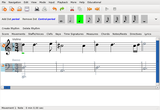
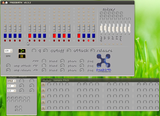
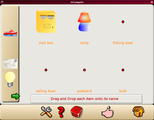



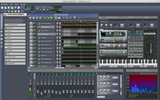
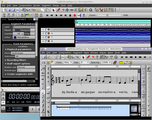
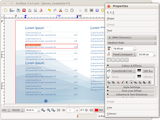
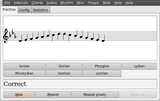


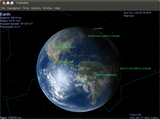


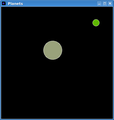
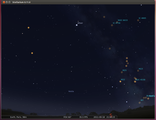
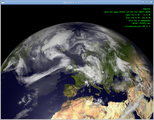

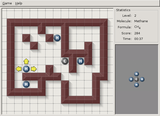
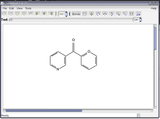
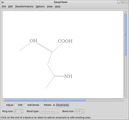
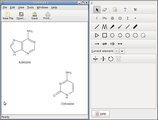
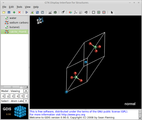
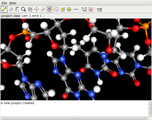
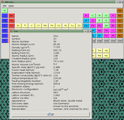
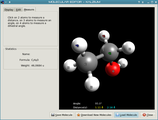
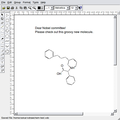
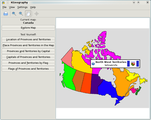
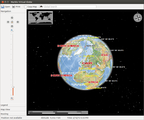
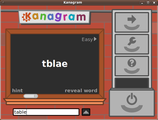
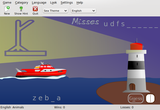
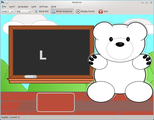
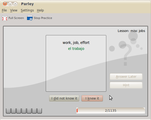
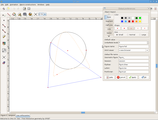
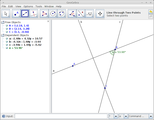


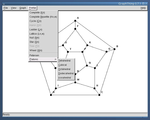

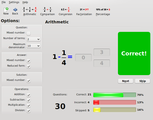

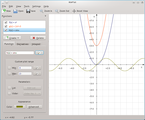

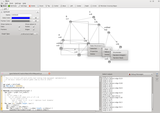
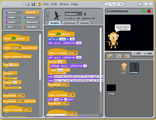

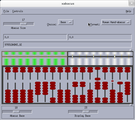

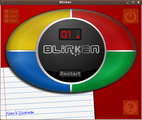

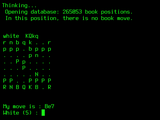
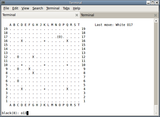
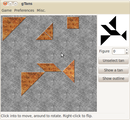
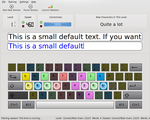



 +
+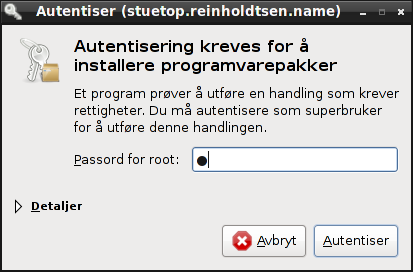 +
+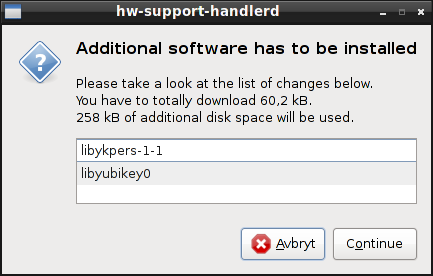 +
+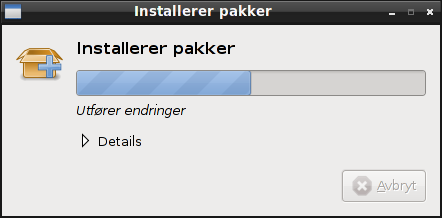 +
+